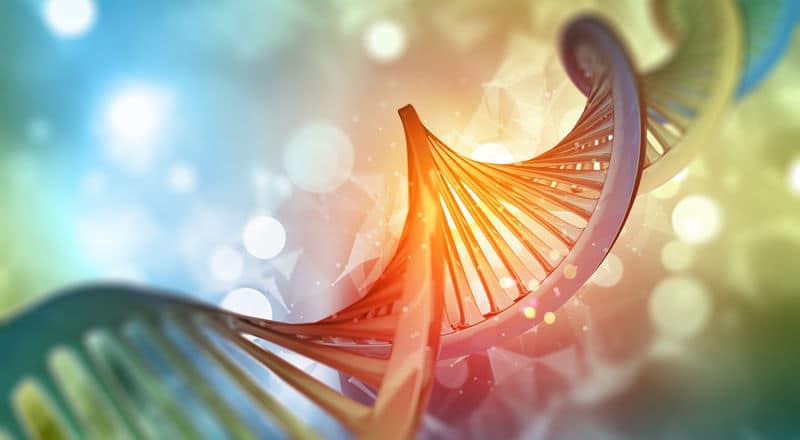Why we need to consider the ethics of gene editing
Criodán explains what gene editing is and questions the ethical considerations that come with it

The ethics of gene editing
Many of us hear phrases like “be yourself”, or “you’re unique”, and are told not to be like everyone else, as well as to develop our own personalities, interests and goals. These are all decisions we can make ourselves. You don’t have to be exactly like your friends, you don’t have to share your parents’ passions, the list goes on. You can choose exactly what you want to be. You can pursue your own interests. The world is your oyster.
Humans are incredibly diverse organisms, with needs like shelter, food and security. However, it is things like our language, our bipedal (two-legged) movement and our time spent on non-essential things which set us apart from other animals. We can kick back, watch YouTube, play sport and not worry about hunting for food. It is this free time for ourselves that defines us and demonstrates how far above the rest of the food chain we are. We can choose however we’d like to explore this free-time.
However, one thing you cannot choose is your genes or genetics. Genes are the parts of DNA that code for a function. That function decides our hair colour, height and skin tone. Your genes are what makes you different from everyone else. Human share over 90% of the same DNA – that other 10% is just so different that you get 7 billion people who are all super different (except identical-twins). You had no choice in your DNA sequence. You got half from your biological mother and half from your biological father. When an egg and sperm cell are created, the DNA in them is randomly allocated. You cannot choose the characteristics of an unborn.
Sometimes, due to the intricacies of humans, children can be born with life-altering disabilities, physical defects, sight problems, predisposition to certain diseases – the list is endless. However, in recent years there has been the emergence of a technique called Genome Editing.
Genome editing is a process in which DNA can be removed, added or changed slightly. Genome editing is not random – scientists seek out the genes they want to fix, change or improve. The most ‘popular’ method currently is the CRISPR method, which won scientific breakthrough of the year in 2015, due to its relative cheapness and ease of use. Here, an enzyme cuts DNA exactly where we want it. We can then add together new bits of DNA and give us a whole new sequence.
This has many benefits to be exploited. We can remove entire diseases and cancer susceptibility from foetuses, change hair and eye colour, remove disabilities or prevent sexually transmitted infections like HIV. We can create an entire group of ‘superhumans’ – free from disease, the perfect height, with pristine eyesight and stronger than ever.
However, the process of gene editing has been hit with massive hesitation from many. Some may say it is wrong to change your genome. It is you. These are your inherent characteristics that no one can or should change. There may be unintended consequences to this editing that we don’t know about yet, as it is in the very early stages of development. Most importantly, there may be significant, damaging alterations which take place and continue down the evolutionary ladder to our children and other younger generations. This is an area where we have no experience. We could create a problem we couldn’t imagined.
This process of genome editing raises a large discussion on the ethics of such a process. Do we have the right to “play god?” Are we capable of making objective changes purely for good and not subjective changes because we like a certain eye colour, etc.? It can be hard for us to disassociate ourselves from what we want versus what we need. If we were to allow gene editing, it would have to be purely for the succession of the human race and not for our personal desires.
Let’s not forget the risk of the unknown and the changes we make could have detrimental effects to the unborn. These effects could continue from one generation to the next, potentially allowing humans to become susceptible to a disease or condition that used to be of no concern.
Recently in China, two unborn twins had their genes altered to provide protection from HIV. However, these alterations are said to have definitely affected the brain chemistry of the unborn foetuses. Is this right? We might never know what the effects are. They might not manifest in the twins when they’re born. Or, it could absolutely change every aspect of their lives, all to protection from a virus they’re unlikely to come in contact with and which they can protect themselves from in other ways.
The world is entering a new and exciting area of scientific discovery. With these discoveries, current viewpoints and ethical standpoints will have to be looked at and may have to be altered slightly or changed completely. It is up to us to remain informed and to gather enough information to form an opinion.
Personally, I think gene editing is a fantastic process to have available to us. Removing genes which may cause disease and cancer is a logical option that may be needed as the population becomes older and lives longer.






